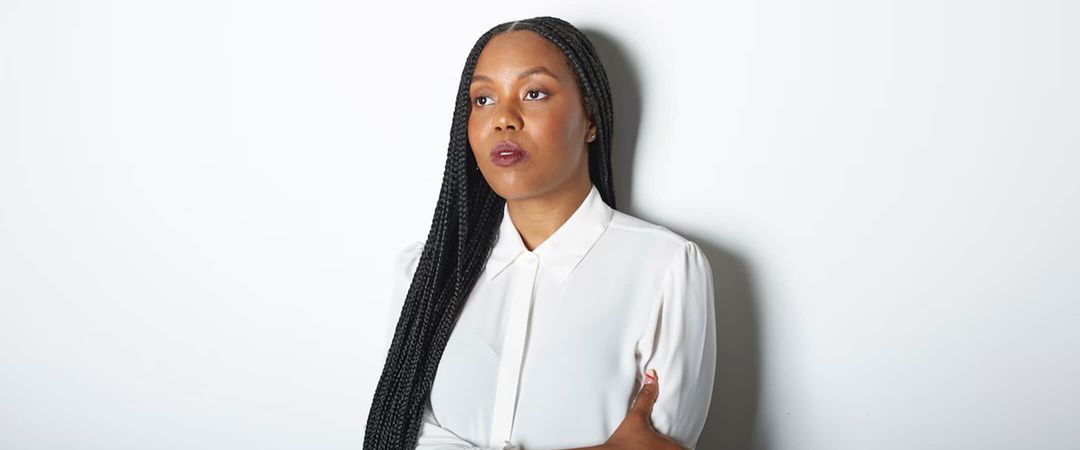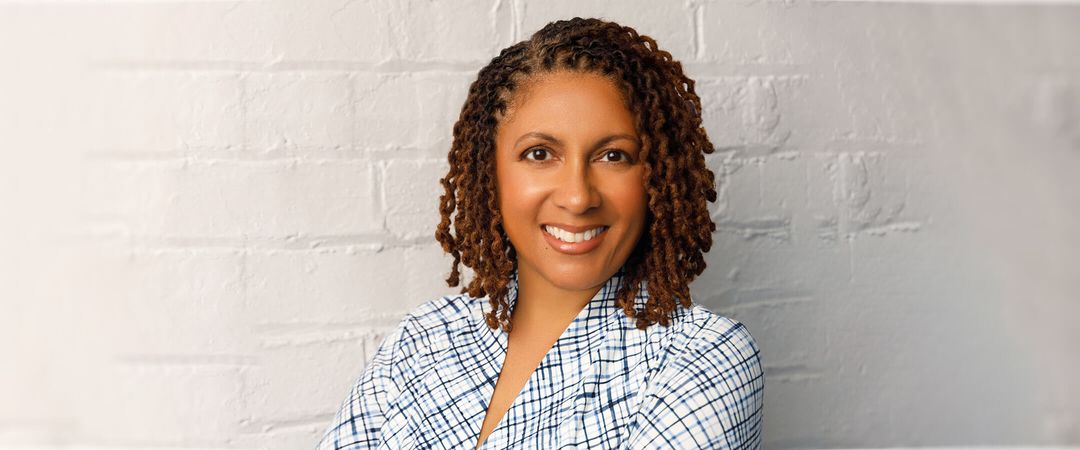When it comes to sleep, pulmonologist and sleep medicine specialist Jay Balachandran ’99, MD’03 is the first to admit he’s a “do as I say, not as I do” kind of guy. Despite dedicating much of his career to helping patients breathe easier and rest better, he’s faced his own challenges with sleep — and he isn’t shy about describing them.
What drew him to study sleep in the first place was how, even in the 21st century, there’s still so much unknown about an activity that takes up one-third of our lives. “It's just this fundamental pillar of health that we're understanding more and more every year,” he says.
Support future generations of Badgers with a gift to the WAA Scholarship Fund .
Make a GiftIf people are struggling with poor sleep quality, what is the first step?
Difficulty with sleep is part of the human condition, and it can be a normal reaction to a life circumstance. It could be due to stress, mood, anxiety, medications, medical problems, or an underlying sleep disorder. But if poor sleep is persisting despite resolving whatever tipped it off in the first place, that’s a reason to chat with the primary care doc and explore further.
What habits or routines do you recommend for better sleep?
Even if you don’t struggle with sleep, helping your brain wind down by taking [your phone] out of the room is a good idea. We usually recommend that folks try to get in the habit of doing something relaxing in bed. It can be listening to something, reading a book, or using a tablet with the dimmer setting. As long as there’s no active engagement or active media, any of those work fine.
How long should we really be napping?
Napping every day for too long can affect nighttime sleep, so if you find that it’s hard for you to fall asleep or stay asleep, we recommend eliminating daytime naps. If you just aren’t able to get enough nighttime sleep to satisfy what your body needs, then a short midday nap is not a bad idea.
Most sleep experts recommend 20 minutes or less. Any longer than that, and the brain can cycle into deeper stages of sleep, which can actually leave you feeling less refreshed than if you had never napped. There is research that shows a five- to 10-minute catnap can significantly boost alertness and may be helpful for not just getting through a day when you’re sleepy at work, but also on long drives.
How has sleep research evolved recently? And are there any developments that excite you?
In adult sleep medicine, the [most common] condition we deal with is sleep apnea, which causes nighttime breathing interruptions. For over 40 years, all we’ve had are CPAPs [continuous positive airway pressure devices] that push air in to keep the throat open, mouth guards, or surgery. But in the last couple of years, we’ve seen the potential for medication to help treat sleep apnea. That is going to be a massive game changer.
Another thing is the move toward home-based sleep testing, making things much more convenient than spending the night in a sleep lab.
Finally, personal digital wearables like smart watches are getting better in a way where we can really learn a lot. As the technology combines with AI and machine learning, we’ll likely have fantastic ways of learning about people’s sleep from home wearables in a way that we just don’t have right now.
Do you wear any sleep tracking devices?
I wear an Oura ring, though I don’t use it specifically for sleep — I just leave it on and forget about it. Wearables can be useful for general feedback, like, “Gosh, I haven’t slept well in the last couple of nights, and my watch or ring is reinforcing that. Is there anything else I’ve been doing that I could tie to that?” That’s super helpful.
But it can be a slippery slope where people get overly fixated. We tell people to use them as a loose guideline, but you should be focusing on how you feel. If you feel well-rested and refreshed, it doesn’t matter how much REM sleep you got. The flip side is we see situations where people feel fine, but their oxygen level is reading really low at night. And that should be a reason to chat with a sleep doc.
What made you want to attend UW–Madison, and what is your favorite Badger memory?
I’ll admit that I only ever saw myself coming to Madison. I remember being in high school when the Badger football team finally started getting good under Coach [Barry] Alvarez, so there was this excitement about not only coming to a school that was awesome but also having sports to be excited about.
I have so many memories: summer music on the Terrace with friends and pitchers of Gray’s Honey Ale; being at the game in 1999 when Ron Dayne broke the all-time rushing record; when the basketball team made the Final Four back in 2000 and everybody stormed up State Street, and there was this amazing pep rally on Capitol Square that was spontaneous. And then every Halloween that I spent in Madison was pretty special.
Did your sleep habits change when you were a student at UW? And what advice would you give your college self about getting enough sleep?
When you’re young, you can get away with poor sleep. What I wish I would have done — and what I think it’s good for students to pay attention to — is, just in the same way that you’re learning life skills — how to manage a budget, how to manage a workload on your own — I think diet, exercise, and sleep are equally important pieces to start to figure out. Obviously, have fun on the weekends, but start to think a little bit about how you want to feel when you wake up in the morning.
I would say the best way to reset a sleep schedule, if you're going to live the Wisconsin nightlife, is to keep your wake time every day relatively fixed. Even if you’re up until two or three a.m., try not to sleep in until the afternoon. I know that’s going to mean not very much sleep that night, but then that’s where you get a bit of a short afternoon nap to catch yourself up, and it should help you keep your body clock on rhythm.









